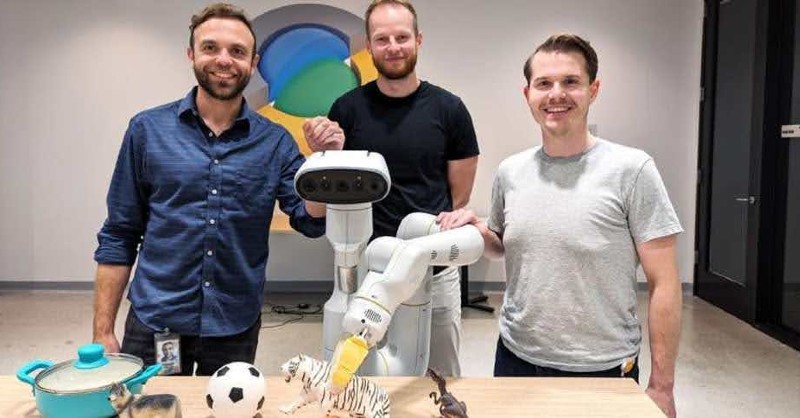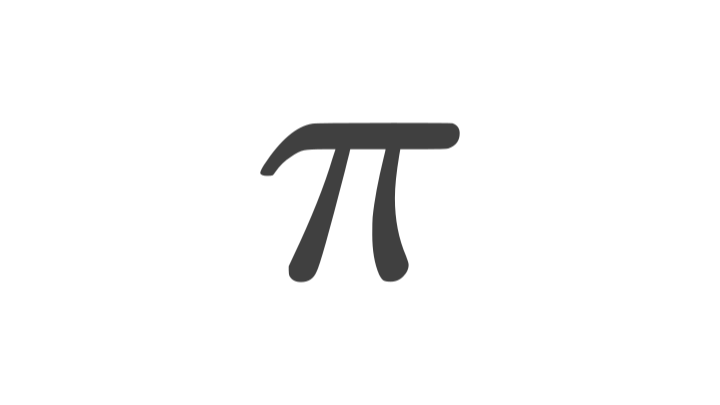Imagine a world where AI doesn’t just live in your computer but steps into the real world, making your morning coffee, folding your laundry, or even performing parkour. Welcome to the era of Physical Intelligence, where AI meets the physical realm.
What Is Physical Intelligence?
Physical Intelligence refers to AI systems that can understand and interact with the physical world, bridging the gap between digital commands and real-world actions. Unlike traditional AI, which is confined to data and virtual environments, physically intelligent systems can adapt to dynamic surroundings, making decisions in real-time.
Recent Developments

Startups like Physical Intelligence are leading the charge, developing universal AI software for robots. They’ve secured significant funding, including a $400 million investment from Jeff Bezos and OpenAI, aiming to create adaptable robots capable of tasks ranging from folding laundry to bagging groceries.
Meanwhile, researchers at MIT have developed “liquid networks,” AI models that continue to learn and adapt after their initial training. These models enable robots to navigate complex, dynamic environments more effectively, enhancing their utility in real-world applications.
Future Possibilities
The implications are vast:
-
Manufacturing: Robots with physical intelligence could revolutionize assembly lines, performing intricate tasks with precision and efficiency.
-
Healthcare: Imagine AI-driven assistants aiding in surgeries or patient care, offering unparalleled precision and support.
-
Everyday Life: From household chores to personal companionship, physically intelligent robots could become integral parts of our daily routines.
As we stand on the brink of this new era, one can’t help but wonder: Will our future robot companions also develop a taste for morning coffee? Only time will tell.
Curious to learn more?
💡 Subscribe to What’s Up With AI for fresh insights and intriguing breakthroughs - https://lnkd.in/gbme5JMt
🐙 Follow me on GitHub - https://github.com/mgks
